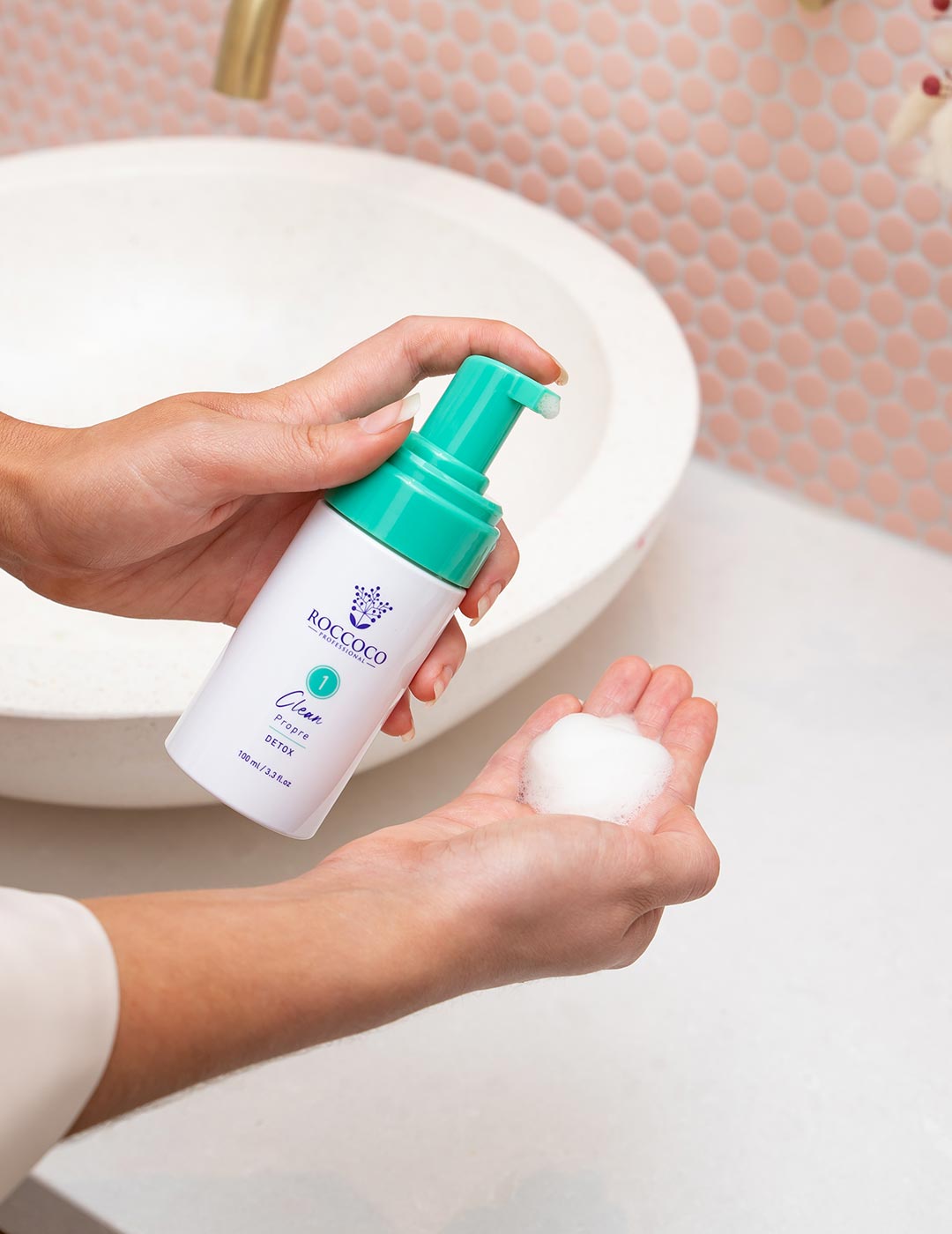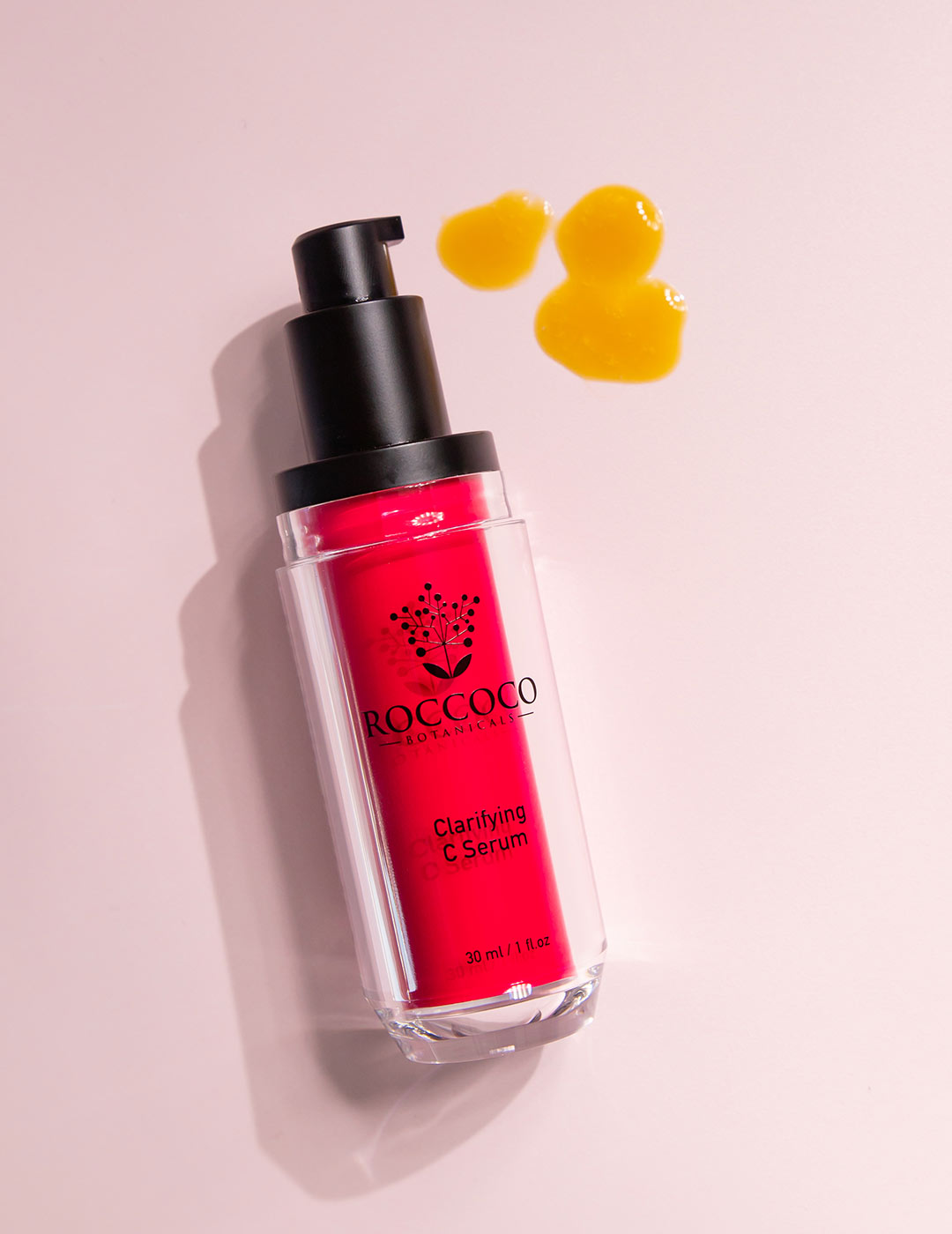In today's market, there's a flood of products claiming to offer customized solutions for individual clients. From skincare to haircare, even prescription products from doctors, the selling point revolves around the idea of uniqueness. They emphasize that your skin is unlike anyone else's and should be treated accordingly. However, let's take a step back and examine this claim more closely.
While it's tempting to believe that our skin is truly one-of-a-kind, the truth is that many people face similar skin challenges. The notion of "uniqueness" can be seen as one of the biggest marketing lies ever sold to the public. Moreover, these supposedly personalized products often fail to deliver superior value or affordability compared to well-formulated, laser-targeted alternatives.

Whether you're dealing with acne or pigmentation, the approach to treating specific types of these conditions remains the same. Yes, individual skin characteristics and starting conditions are taken into account, but it doesn't necessitate entirely different ingredients from person to person.
Let me share an interesting experience I had with a doctor's prescription cream, supposedly hand-formulated for my needs. I listed the following desired outcomes:
- Reducing pimples
- Treating acne scarring
- Removing fine lines and wrinkles
- Brightening the skin
- Reducing redness
After hearing my requests, they posed an unexpected question: "Which is the most important?" Apparently, they couldn't address all of these concerns with a single product. However, if you're familiar with Roccoco, you'll know that their Vitaskin product tackles all of these concerns effectively in one go.

The doctor's prescription cream, on the other hand, disregarded my initial question and solely focused on acne treatment. Despite being 50 years old, acne remained an issue for me. There are days when I indulge in chocolate or wine, and I can almost guarantee a breakout as a result.
These customized creams offer a limited selection of ingredients from which the doctor can choose. The list is not exhaustive, and they typically include only 3-4 active ingredients, with a maximum of 5-6. In my case, the chosen active ingredient was Tretinoin—the very ingredient that damaged my skin when I was 18. It left my skin sensitized and took 7 years to recover from its use.
Why is it that the treatment for different types of eczema or other conditions is often the same? The reason is simple: in order to address these conditions effectively, specific active ingredients are necessary. Without incorporating these actives, the skin cannot repair or be corrected. Every skin type requires these same fundamental active ingredients.
It's essential to understand that customized skincare is not necessarily more effective than a well-formulated product. Nor does it offer a more budget-friendly option. Instead, a targeted, expertly formulated product can provide superior results without the need for excessive customization.
So, the next time you come across claims of "customization," remember to approach them with a critical eye. Focus on finding products that contain the essential active ingredients your skin needs to thrive.
Wanting more free advanced skin tips and education so you can make better decisions about your skin in the future?
Join our free Skincare Revolution Facebook Group Here
Read more

Discover the secrets to age-defying skincare and combatting wrinkles and fine lines. Learn how Roccoco Botanicals, with its nature-infused products, can help you achieve a more youthful complexion....

Using oils instead of moisturizers can accelerate the aging process by impairing the skin barrier. Fatty acids, cholesterol, and ceramides are vital for maintaining a healthy barrier. Oils lack the...



